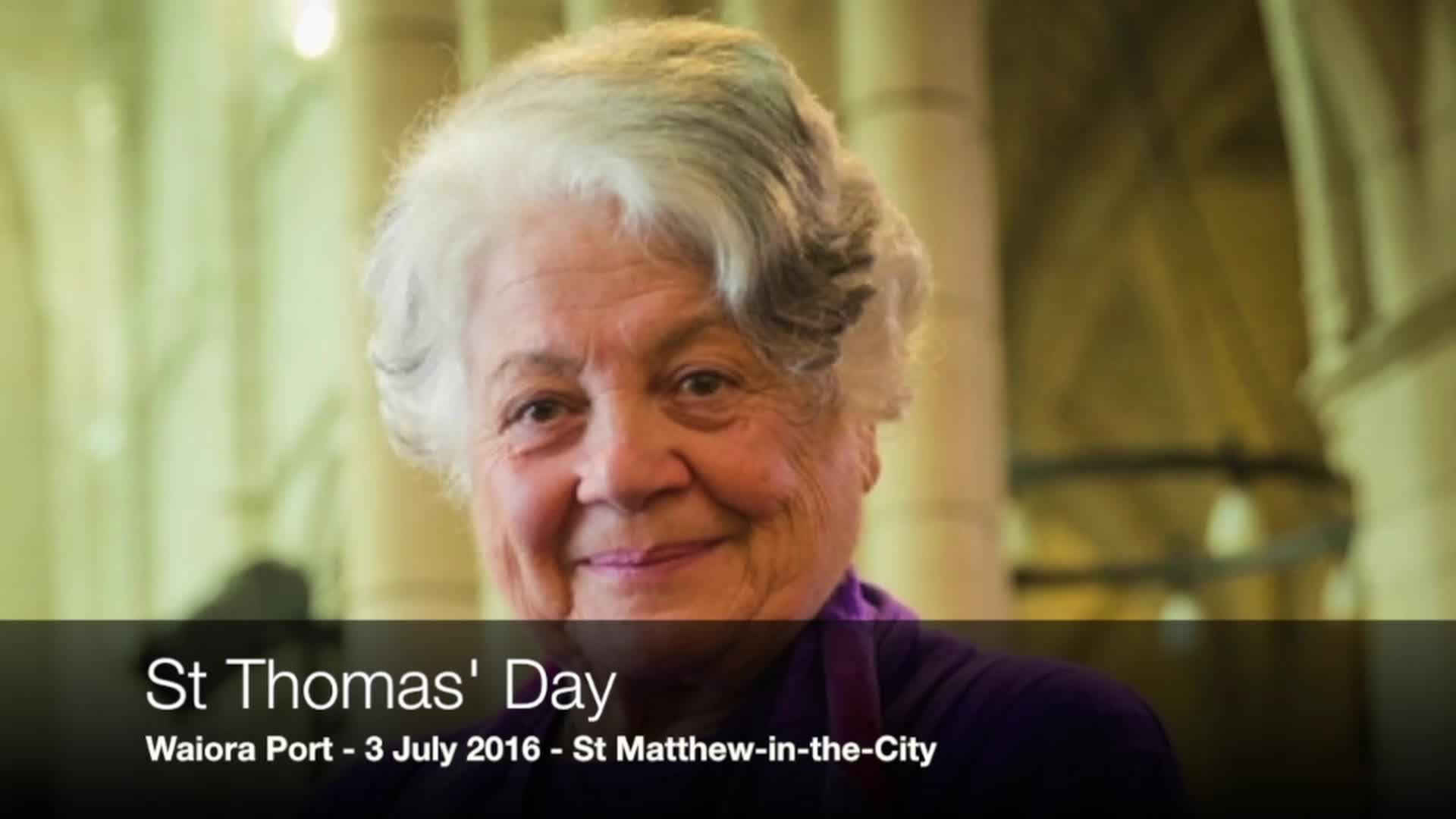
Home
Learning
Where does scripture take us?
Cate Thorn wonders about scripture and our assumptions when we read the Bible


Facing death

The Great O Antiphons: O Emmanuel, O Virgo Virginum

Challenging our faith
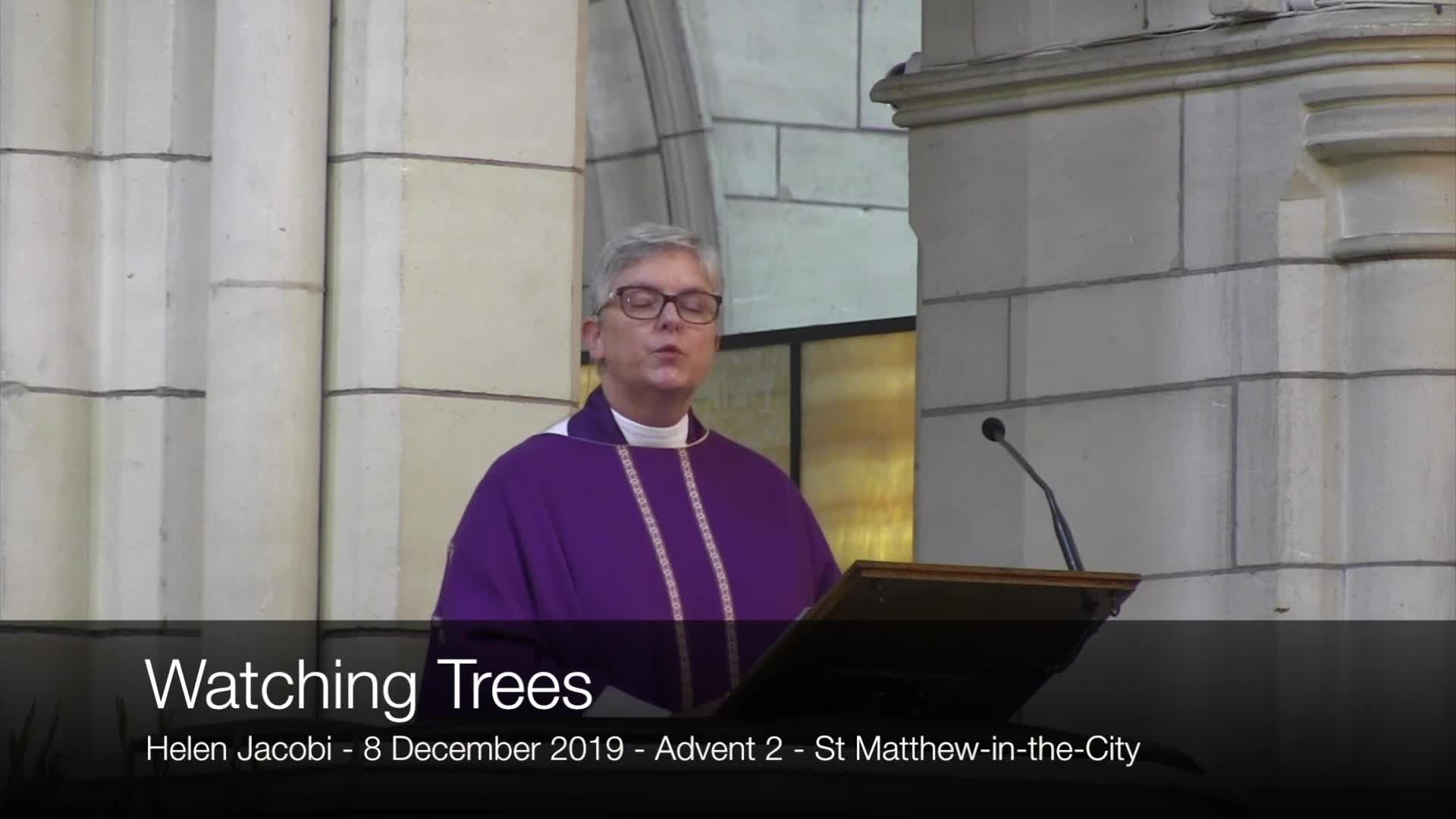
Watching trees
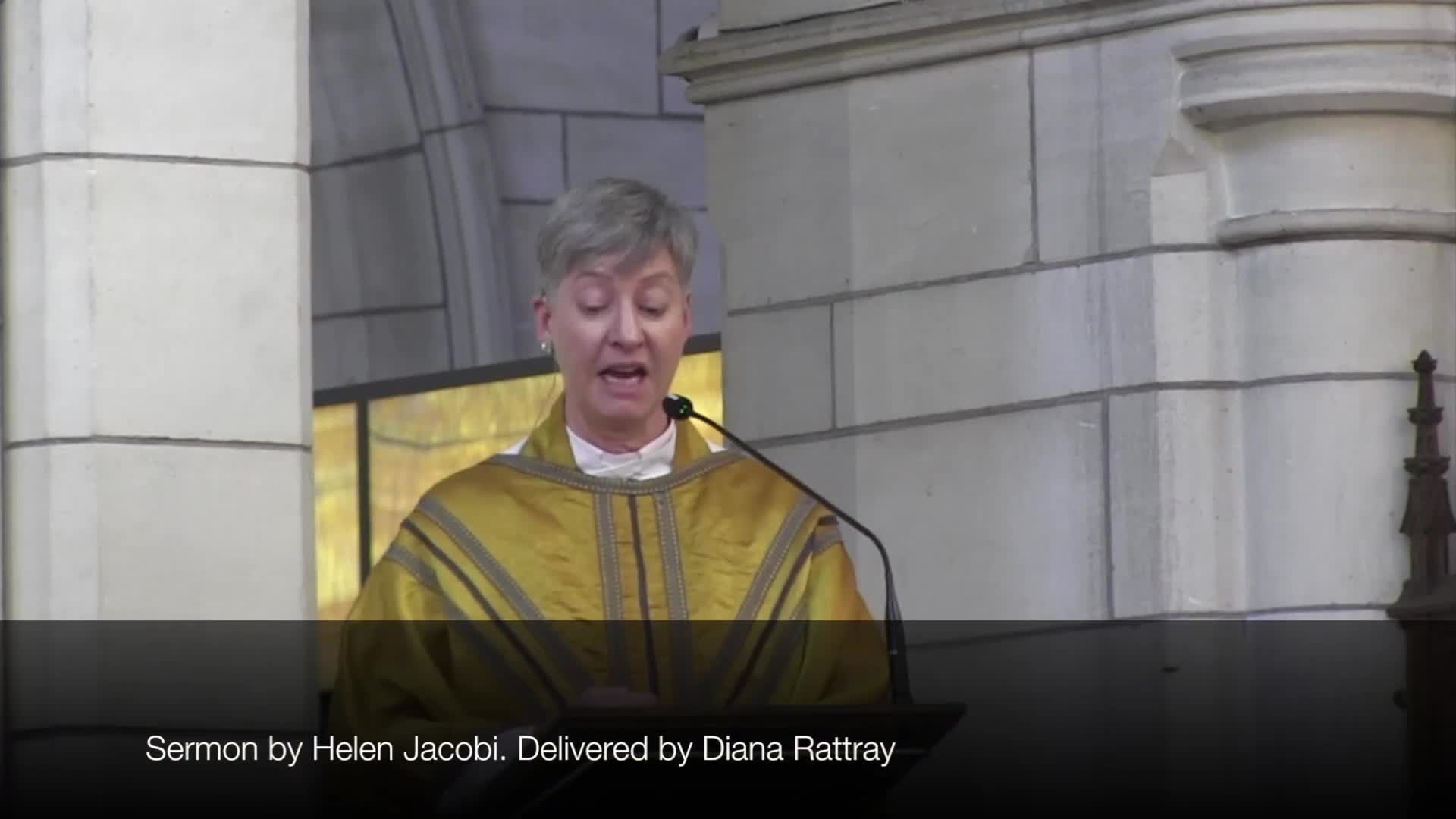
St Thomas and the Way
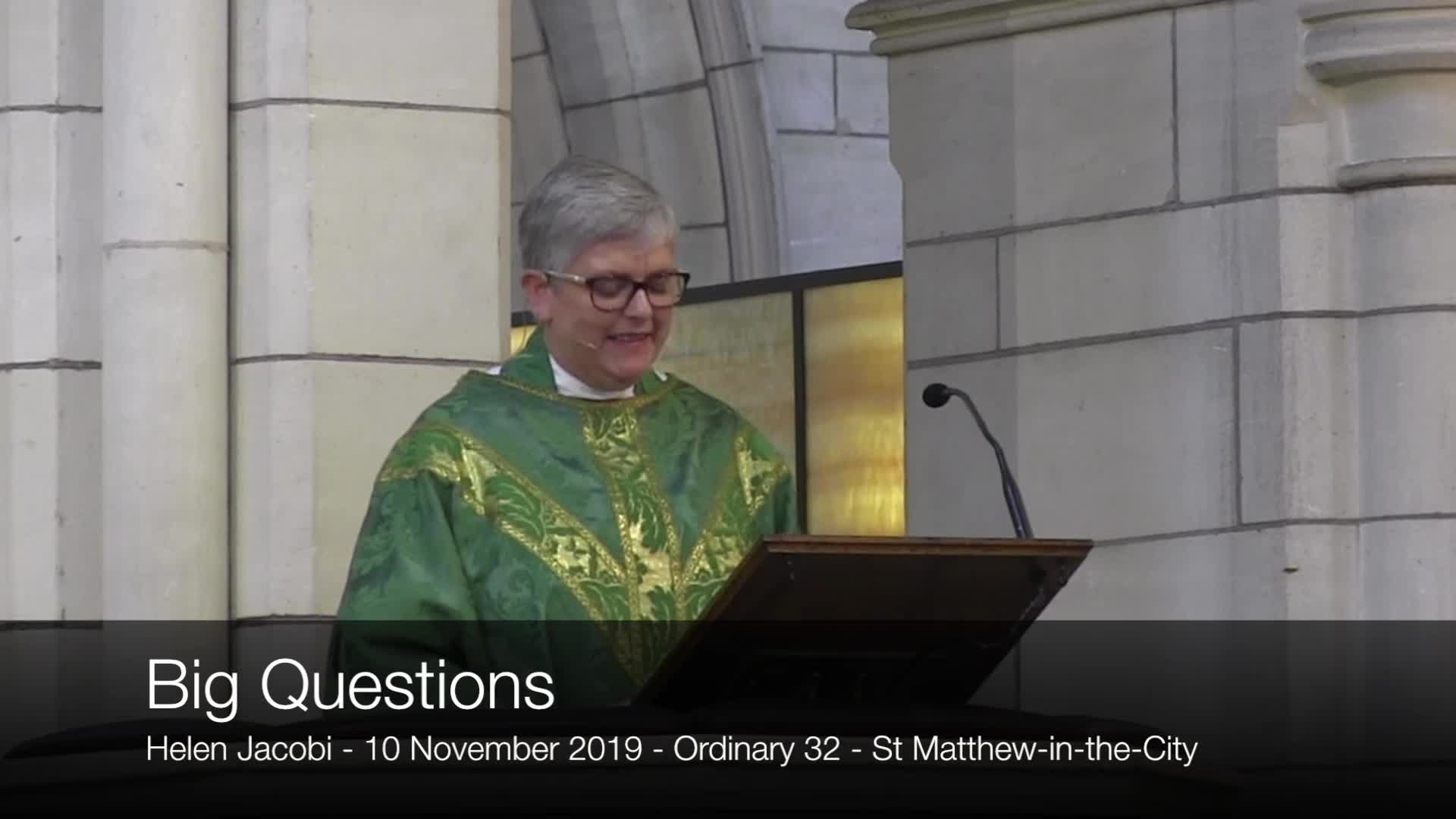
Big questions
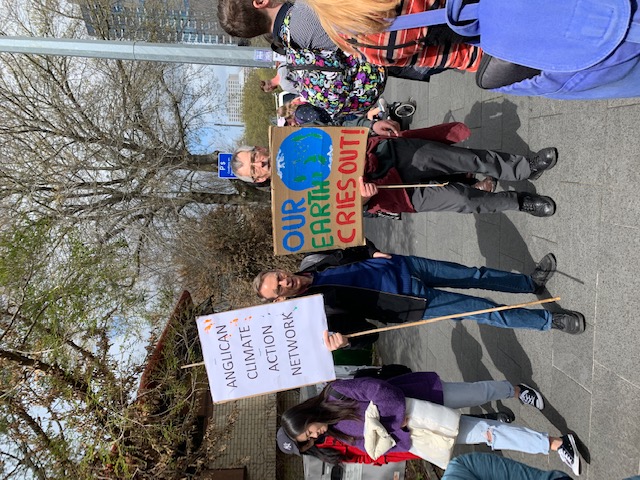
Climate Crisis Statement

Joseph - raising good men
